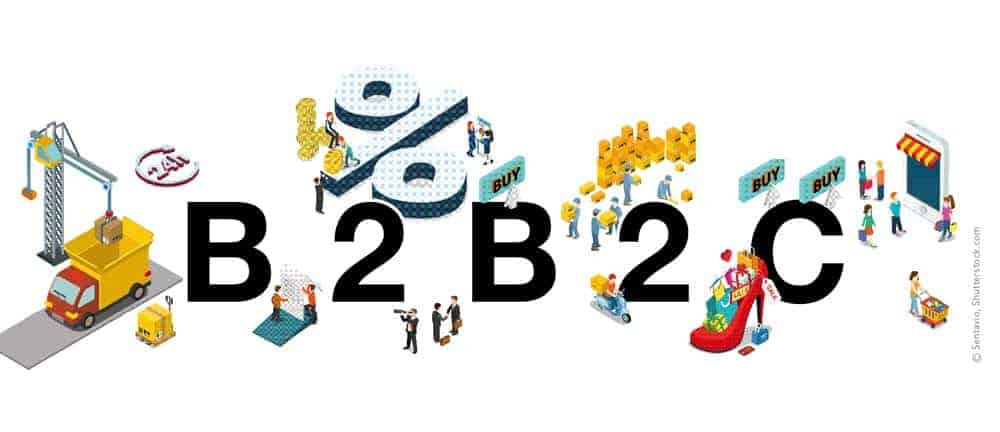How IT Impacts the Trade of the Future


Trade companies have to face the challenge of digitalisation of their business processes not only in their own organization, but also beyond it. The elicitation as well as the exchange of data should happen in real time so that everyone involved always has access to the latest information. For trading companies, this means that they have to digitally connect themselves with manufacturers, suppliers, handymen, industrial and individual customers as well as wholesale stores.
All of this is accelerated by the change in demographics. The digital generation already makes up a big portion of today’s workforce, sometimes even as important decision makers, and digital natives usually expect quick and easy solutions. Condition for reliable decisions and time and cost savings is still consistent, extensive and up-to-date master data. Consequently, a comprehensive integration of business processes is vital for long-term success. Through digital connections, trading companies can optimize and automate specific business processes and therefore tackle the challenges of digital transformation.
Trade 4.0 changes processes
The term trade 4.0 characterizes the progressing digital connection between all business areas in retail and wholesale through networked technologies. Not only in e-commerce do this digitalisation and the therefore up-to-date data base contribute to an optimized inventory and an easy order processing. Employees do not or only in part have to manually control processes. Consequently, the efficiency of clerks and competitiveness increase.
Trade 4.0 will fundamentally change economy as we know it in the upcoming years and decades. Effects of this change can already be seen today in retail, wholesale and mid-sized businesses. For example, popularity of smart glasses in logistics is increasing because they simplify commissioning processes. Furthermore, artificial intelligence in machines and vehicles accelerates intra logistics and production processes, e.g. with driverless transportation systems.
Companies should try to react to these trends in time by switching to a modern IT landscape to optimize their business processes. Traditional, stationary trade has to react to these and more challenges as well to become fit for the digital age. Companies have to stop seeing the internet as a threat and rather as an opportunity for everyone involved to understand and serve customers better.
Digitization strategy
What has to happen first and foremost is the fulfillment of all technological requirements of the digital age. Vital for a company’s success is a fully functional ERP system, for example from SAP. However, ERP systems cannot just be isolated solutions, but they have to be connected with each and every software component. This approach ensures a consistent supply chain with interfaces for different departments, business partners and their business processes.
What is more, the software has to address and solve challenges of industry-specific processes of trading companies. To achieve this, companies need a competent partner with many years of experience to consult them and adapt systems to individual tasks.
With the right software and a digitalisation strategy, companies can get a thorough impression of their customers and their behavior. Consequently, trading companies will be able to make data-based and sound decisions which result in more revenue and business growth.







